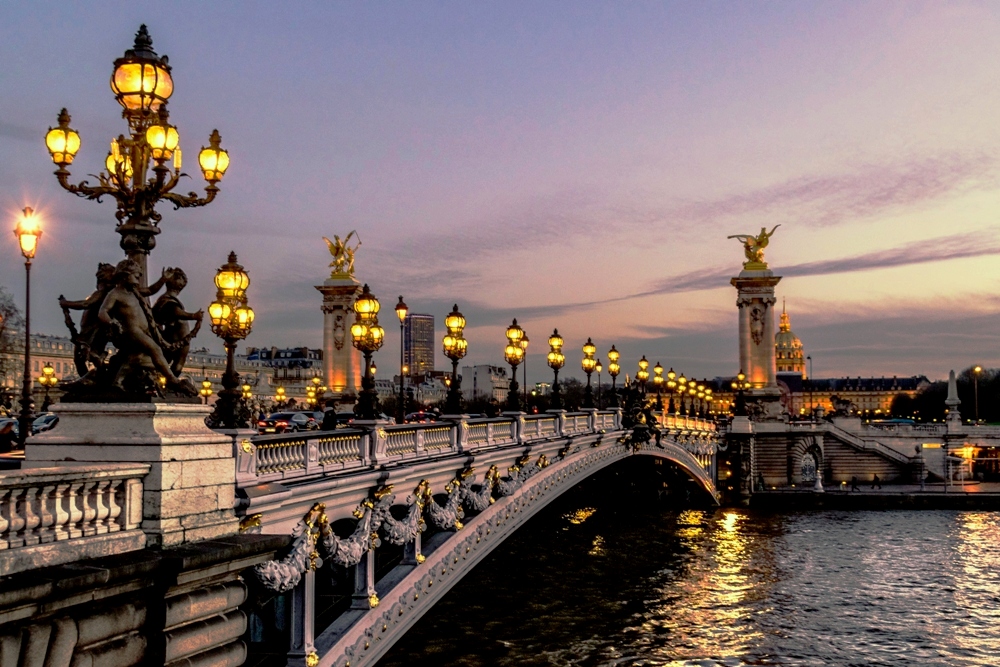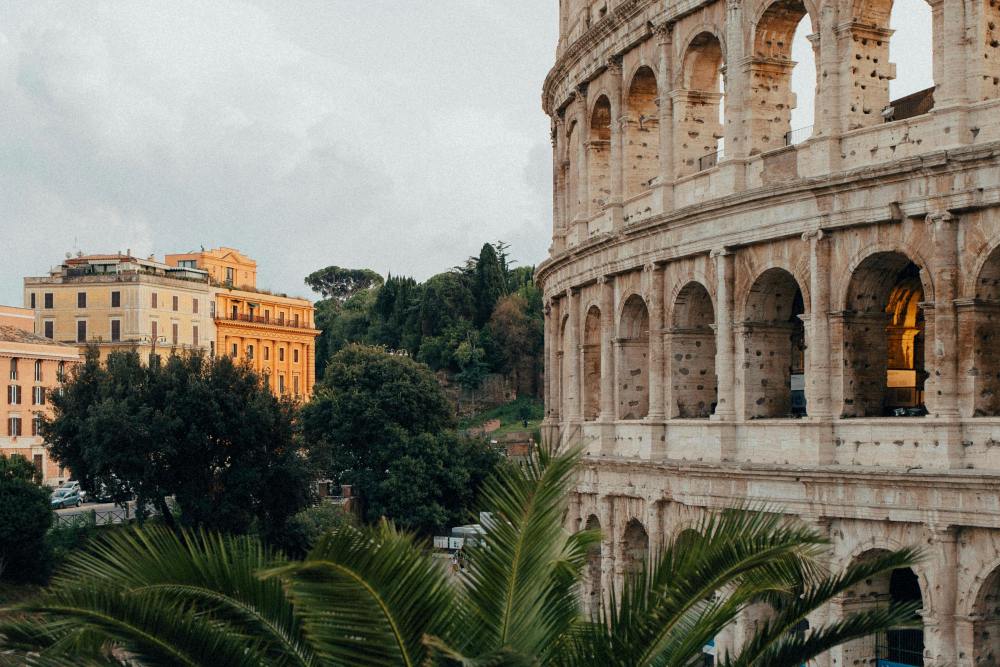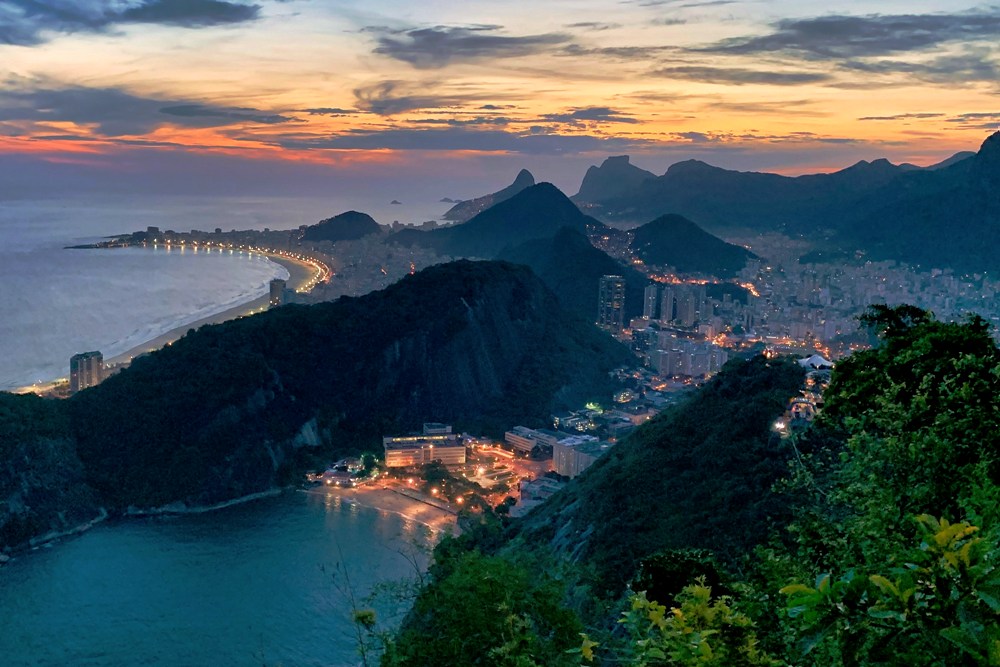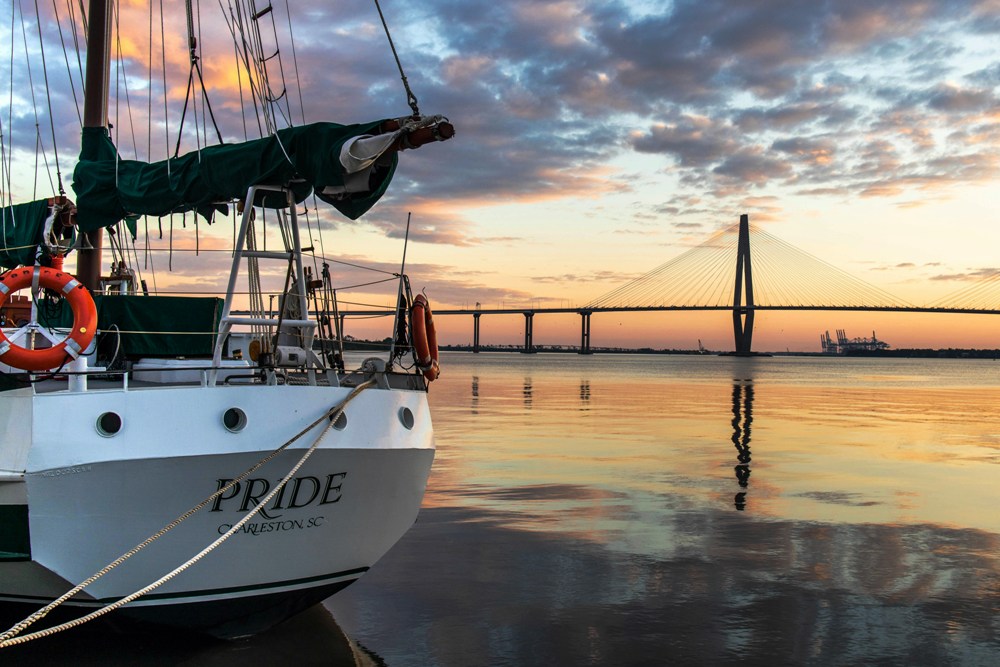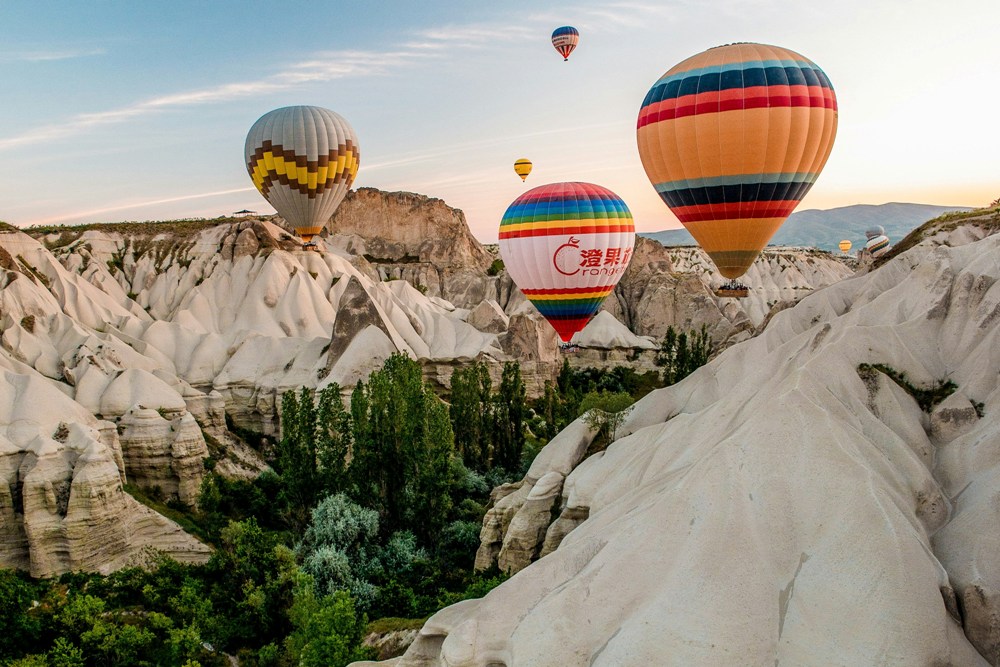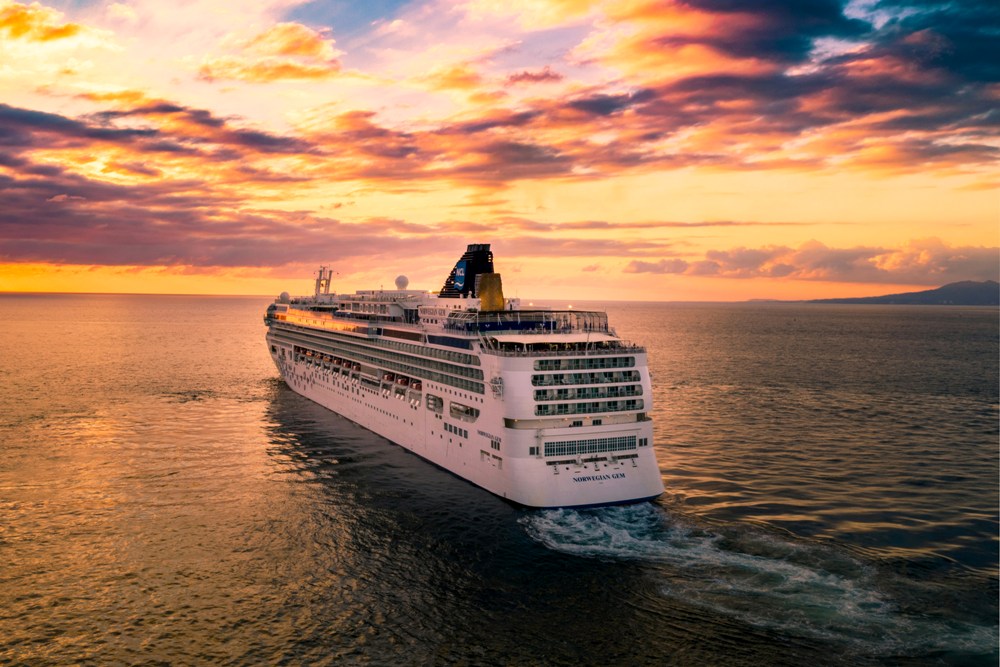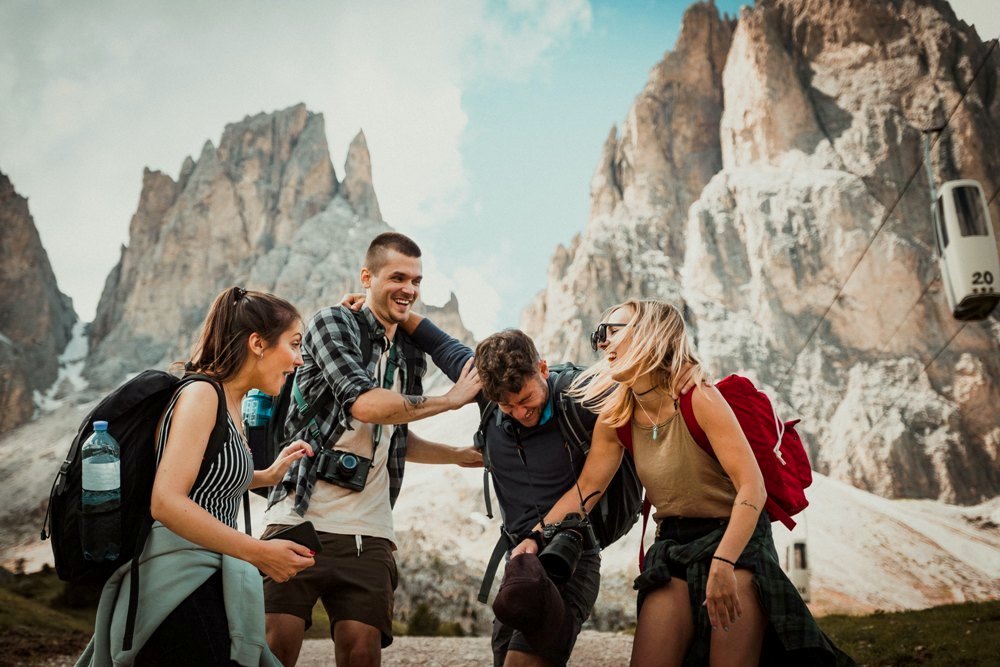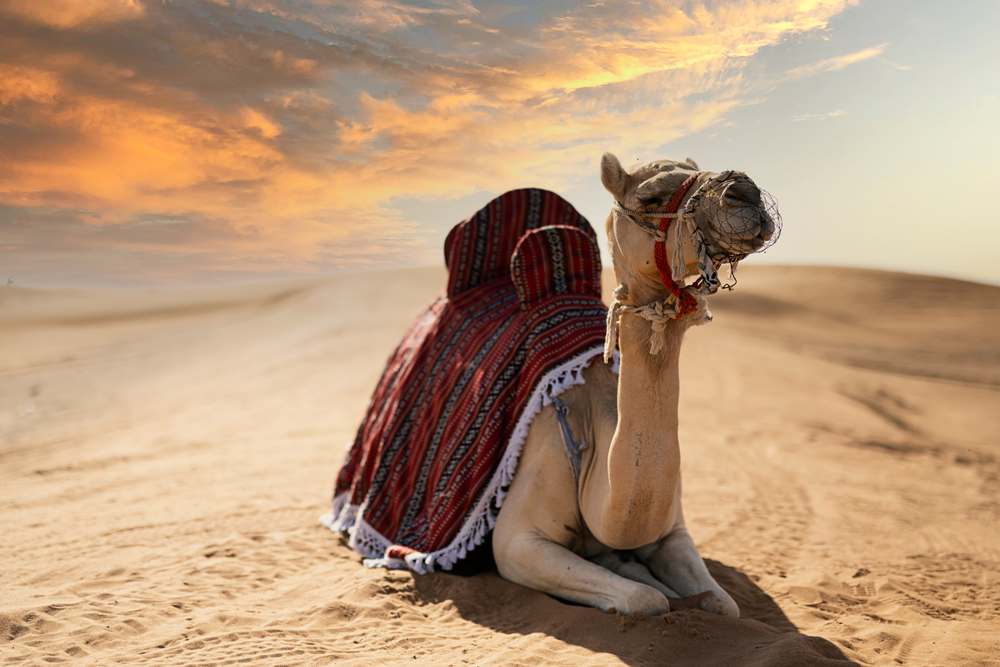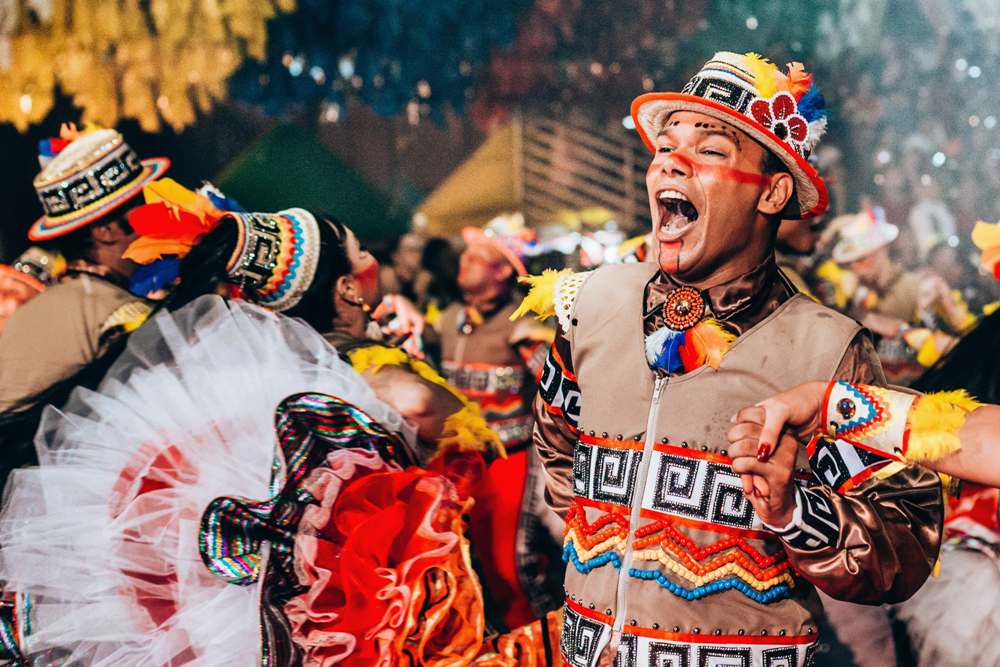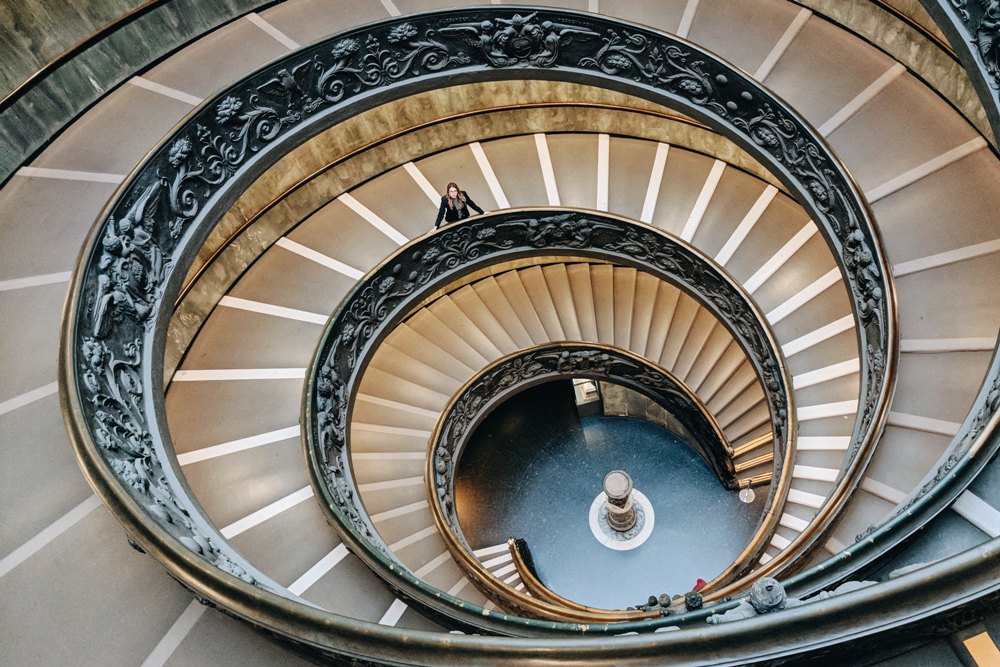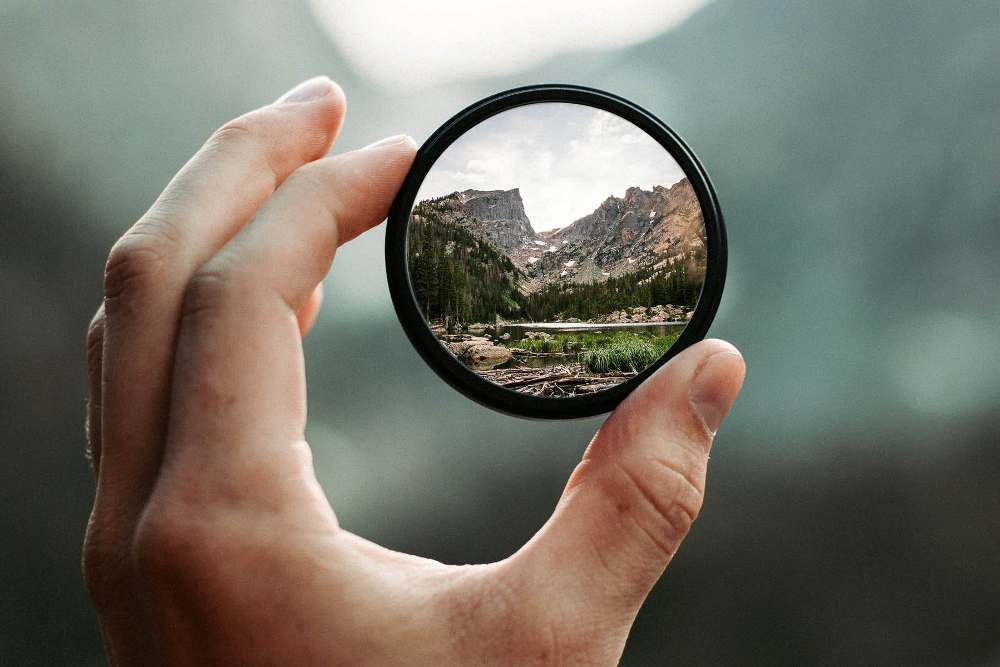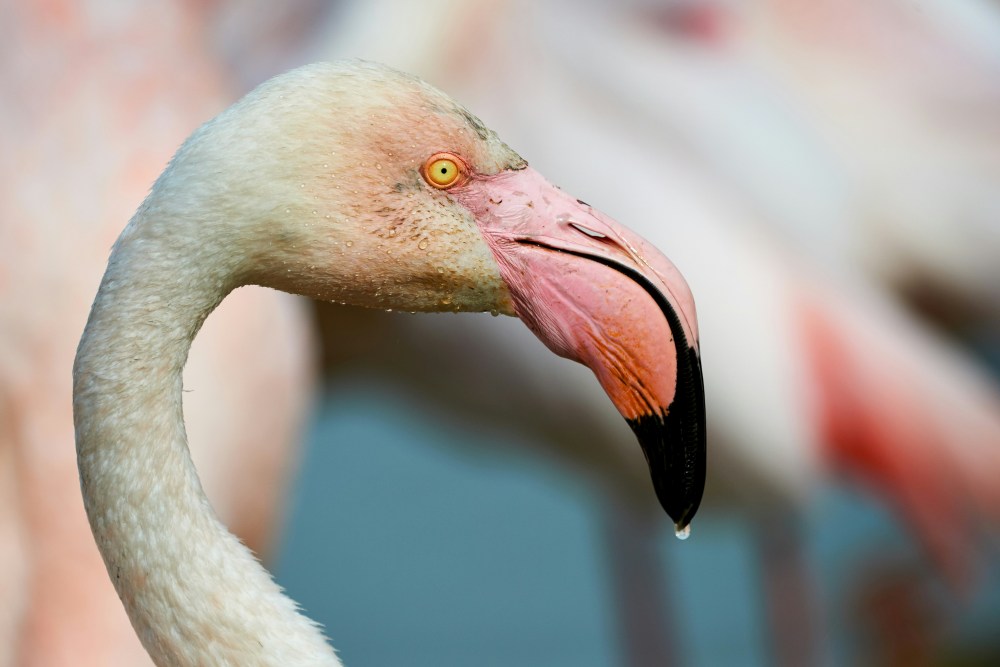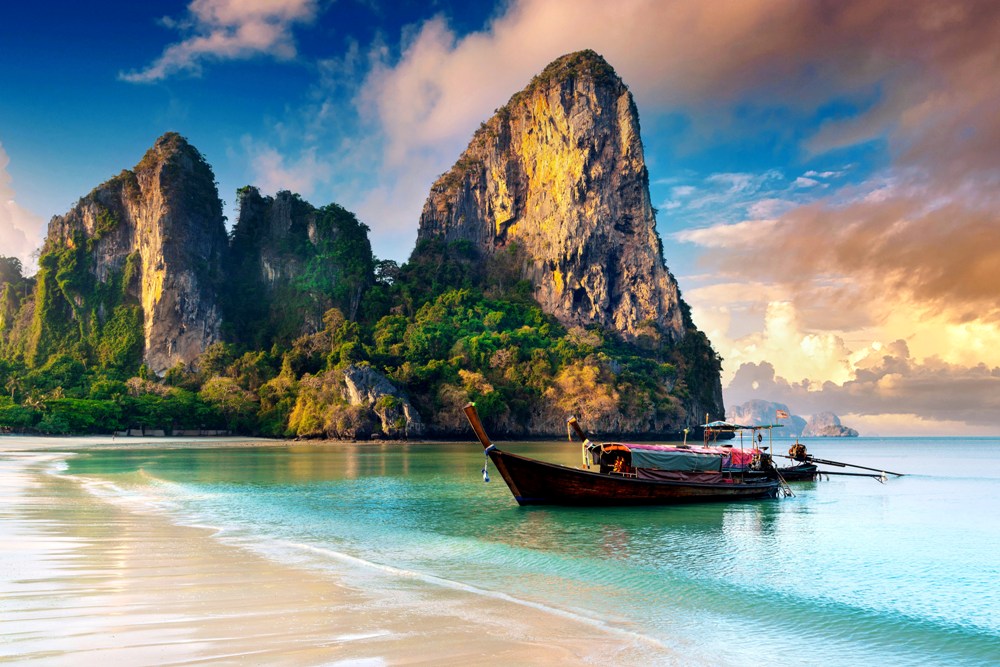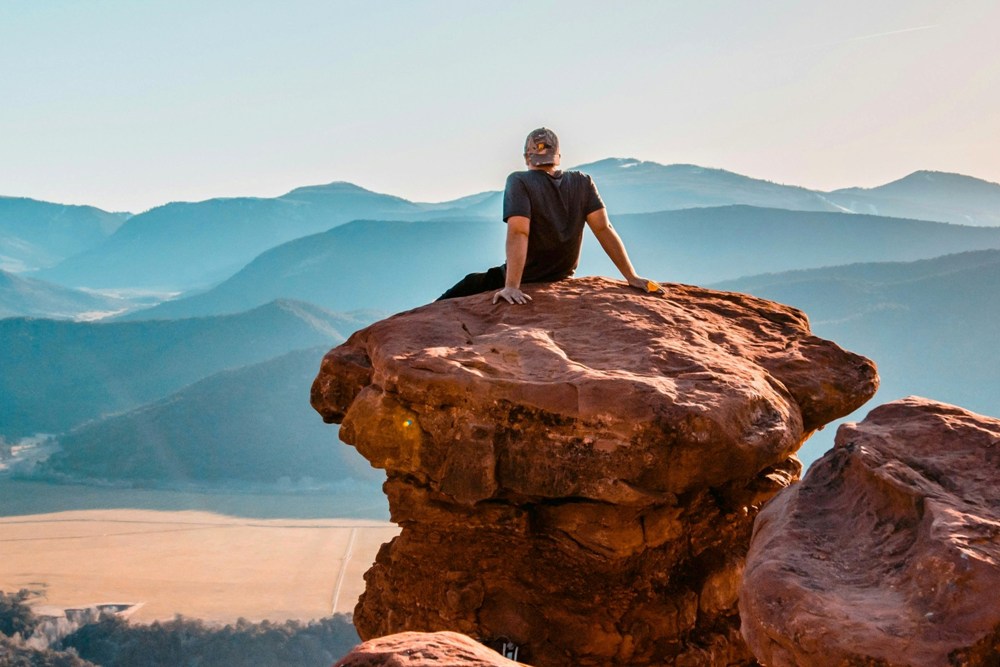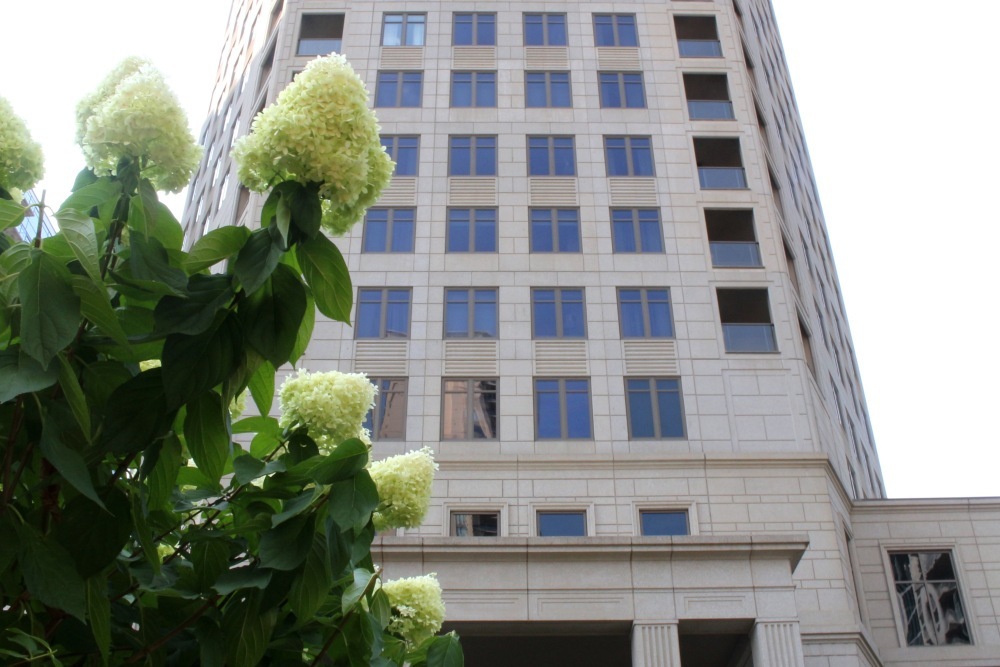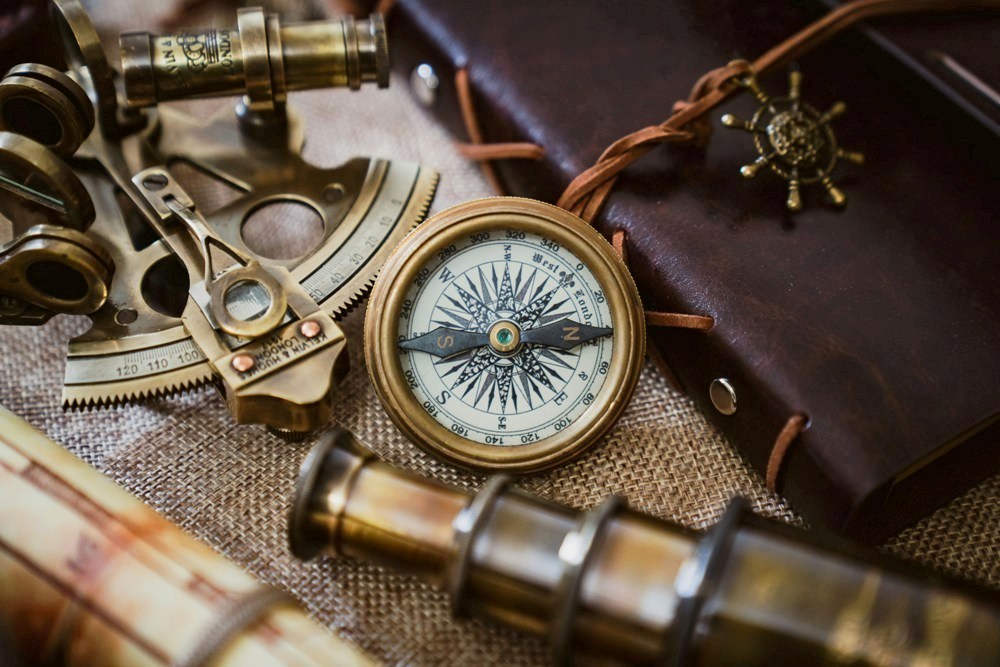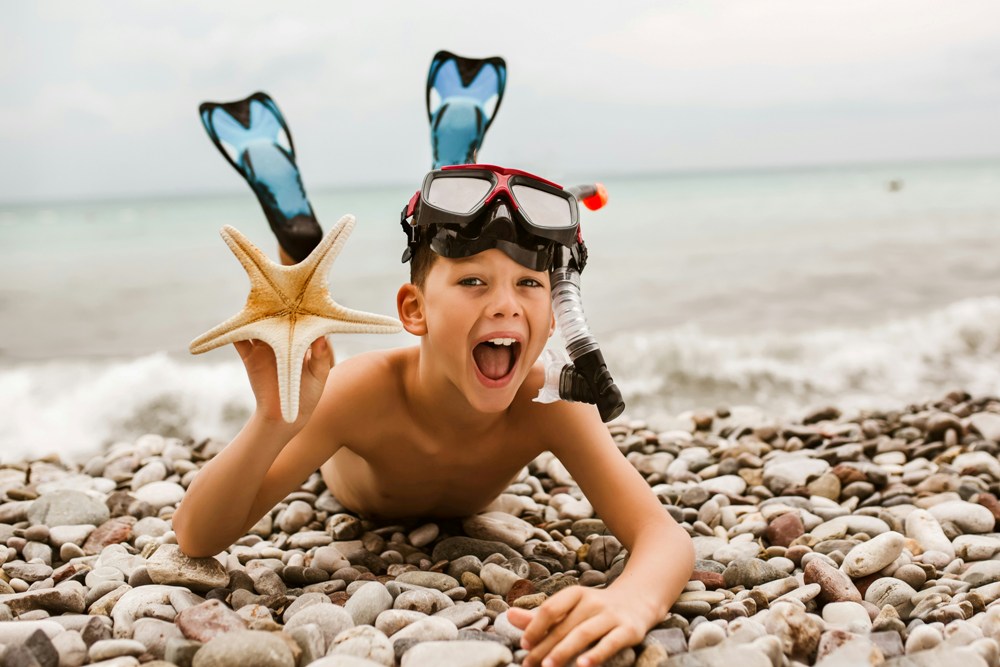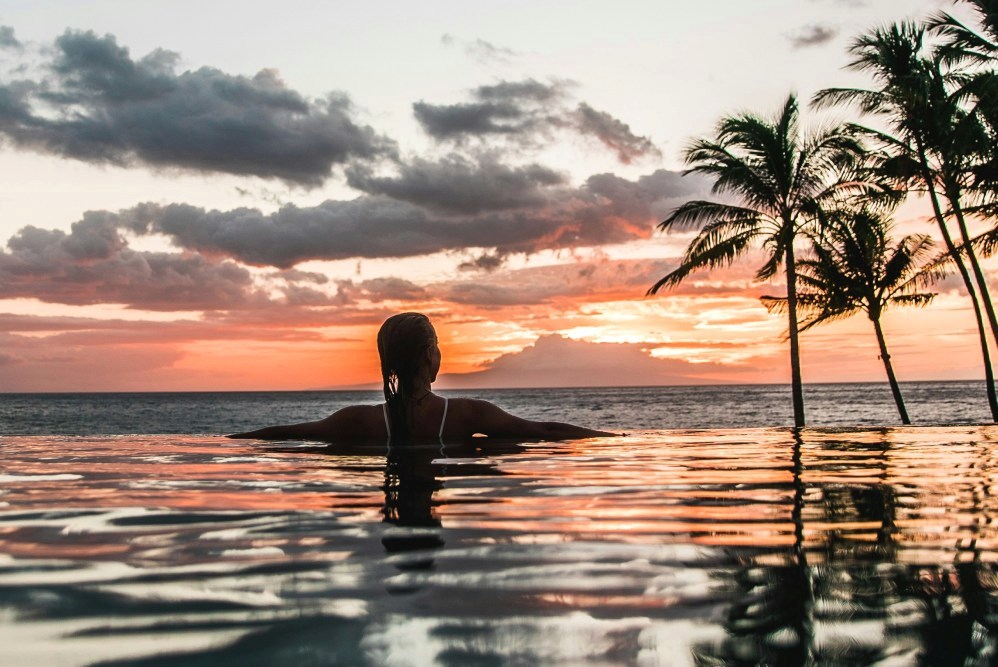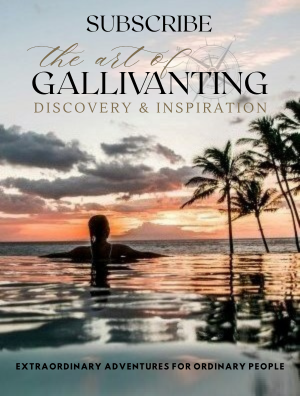
Pauline Frommer has said she'd like us all to be able to travel more, and the philosophy behind her relatively new line of guidebooks is spend less, see more.
Along with answering general travel questions, Pauline speaks about roasting marshmallows over volcanic lava, characteristics of a good travel companion, historical novels as destination inspiration, the number one mistake people make while traveling, and our duty as Americans to travel.
TAG: How are your guides unique, and for what audience are they designed?
PF: The Frommer guides were started in 1957 by my father, Arthur Frommer; and before then, there were no budget guidebooks. Basically, it was thought that if you went to Europe, you took the grand tour, and you had a lot of money, and it would be dangerous if you didn't spend money lavishly. And so my father was a G.I. in the army during the Korean War, he was sent there; and he was traveling cheaply having an incredible time, and he thought, I bet Americans would like this.
So our books have always kept a very practical, personal tone to them. Unlike many other guidebooks that have different authors write different sections of them, we have one author's voice throughout, so that you know if you trust them about hotels, you'll trust them about attractions and nightlife. And we've always tried to focus on what is actually important to our readers. What will make their trip better? We do not shy from being opinionated - even if it gets us into trouble.
TAG: With an Internet full of user generated content and buzz marketing, how can consumers steer toward accurate travel information?
PF: I suggest you go to the journalistically based sites because I think it's impossible to tell a real review from one of the trumped up ones on TripAdvisor or user generated sites. The problem is that they become very powerful, so you have marketing agencies that have people, staffs, just posting reviews, and it's not hard to do. So you go to the sources of travel information that you trust, that you know don't have a horse in the race ... people think that by going to Joe Whoever that they're getting the real, unvarnished look by a real traveler. The problem is (a) you have no idea whether it's a real traveler or a marketing person, and (b) when you take the advice of Joe Traveler, in the case of hotels for example, you're taking the advice of somebody who's been to exactly one hotel. Whereas, when I wrote my book on Las Vegas, I was there for two and a half months, I stayed in a different hotel every other night. So I can tell you very concretely why you don't want to be at hotel X, and why hotel Y is better. Because I've been to both.
TAG: What do you find to be good options for first time vacation planners or people who haven't had much experience traveling?
PF: If you want to go abroad, anywhere in Europe; the Caribbean; the safer parts of Mexico are fine - they all have millions upon millions of tourists per year and very good facilities set up to serve them. Probably easier than Africa and Asia.
TAG: Can you elaborate on your method of using books as inspiration for choosing a travel destination?
PF: I like to read novels and histories; I don't just read guidebooks. For example, for India, there's no better book than Salman Rushdie's Midnight's Children which tells the history of India encapsulated by a boy who's born at the same moment as Indian independence. It's just this extraordinary view of India; and if you read it before you go there, you'll understand so much more of what you see. And then, there can be simple books. There's a wonderful children's book called Cathedral that shows you how cathedrals are built and why they were built in the ways they were, and it's all drawings and text. You will love seeing cathedrals once you've read this book, whereas if you don't know much about cathedrals and you go to Europe, you're probably going to be a little bored seeing cathedral after cathedral after cathedral.
TAG: What do you see as some common but avoidable mistakes that people make while traveling and when travel planning?
PF: The biggest mistake people make while traveling is over-packing. They become slaves to their luggage, especially for multi-stop itineraries, and they cannot use public transportation because they've got these big bags with them, they have to tip people everywhere because they can't handle them themselves. They want to have different outfits I guess for every single possible occasion, and you have to look at your trip and realize, OK I'm probably not going to go to a ball while I'm there [laughs]. I pack one small carry on bag. I went with my husband and two children to Brazil for two weeks - this is when they were younger - but we had two carry ons and a diaper bag and we were fine. Of course in Brazil, it's light clothing; it was mostly bathing suits. But don't over-pack; that's one of the worst mistakes people make.
TAG: Can you speak about your perspective of the pros and cons of travel packages vs. individual bookings?
PF: Travel packages are when you bundle airfare and hotel together, and for destinations that have a lot of hotels such as Cancun, London, Las Vegas, they can be very good and will often save you much more money than you would be able to save on your own by booking those elements separately because the level of competition in those destinations between the many hoteliers is so high that they simply don't want you to know how little they'd be willing to charge and they can hide their pricing in a travel package. ... For some other destinations such as Copenhagen or New Orleans or places that don't have this abundance of hotels, you don't necessarily save with a package. You have to look at it on a case by case basis.
TAG: What are the benefits and drawbacks of well-known tourist areas vs. off the beaten path adventures?
PF: Well-known tourist areas - there's a reason they're well-known. You have a lot of travel writers and pundits who are obsessed with finding the next big thing. But there's a reason London is so popular; there's a reason why Paris shouldn't be missed. It's because it's filled with incredible riches that one doesn't grow tired of; and sometimes if you go too far off the beaten path, you end up in a place where there isn't that much of interest. Now usually if you're in a different foreign culture and you go off the beaten path, that can be fascinating because you learn about the local culture, you learn about how people live today, and how different it is from the U.S. and how in many ways it's very similar. So there's great benefit in doing that. I think the best way to travel is to have a mix. You know, you go to the well-known sites one day and the next day you just wander at will.
TAG: You just swam with the whale sharks; what are some of your other more unusual adventures and experiences?
PF: Well, when I was in Guatemala, my younger daughter and I climbed a volcano and we toasted marshmallows over the lava. That was very exciting. Of course, that volcano a month later erupted ... but it hadn't been active for about thirty years, so I thought it was safe at the time. That was incredible. Sometimes the incredible experiences are the very quiet ones when you wander into a church that nobody knows about and there's light coming in through a stained glass window in a way that just touches your soul. And it's not a famous church, but there was an artisan in the fourteenth century who created this exquisite piece of glass; and you feel like you've discovered it and you've had a moment with the past. And that can be as exciting as lava.
TAG: What do you think makes a good travel companion?
PF: [Laughs]. Hmm, that's funny. ... I think it takes energy and an open mind and a sense of adventure. I think travel for some people - I wrote on this and I got a lot of comments on it, a lot of people agreeing - there's a lot of unknowns in travel. And having all this time just to do what you want kind of brings out existential questions in some people like, I guess all my life is meaningless - there's just time - I don't have to be doing what I'm doing - what am I doing with my life?
I think for some travelers, they find it very unsettling to be in new destinations; and if they don't have a plan, they get very upset. The root of travel is travail. Things always go wrong; that's just the nature of travel. Learning to enjoy that, being a person who enjoys that and just rolling with it, that's what makes you a good travel companion, but some people you love may not be. So, you travel with them anyway.
TAG: How do you think traveling changes a person's life and how do you think tourism changes the lives of the locals in any given country?
PF: Saint Augustine said that Life is a book, and he who does not travel reads only one page.
I think we live in a democracy that is part of a world community that is very, very tied to Europe, to Asia, to Africa; and in order for us to elect leaders who are going to best represent our interests abroad, we need to travel because it doesn't matter what you read, you won't really understand what other places are like until you go there. And I think it's important to travel because it shows our commonalities. You know, we go to places because we want to see the exotic differences, but most of us come away with the realization that everybody loves their children and wants the best for them, that everybody wants clean water to drink and wants to have a decent job, that even in places that are thought of as anti-American it's just the politics, it's just the leaders, it's not the people themselves. People welcome visitors wherever you go, and I think you lose your fear of other cultures. I think we've had a very long run of xenophobic leaders in this country lately, and I think that hurts us and the world. As members of a democracy, I think it's part of our duty as Americans to travel. I'm waving the flag here. I don't know, maybe that's too Pollyanna-ish, but I think it makes us better citizens.
See additional information below or visit:

